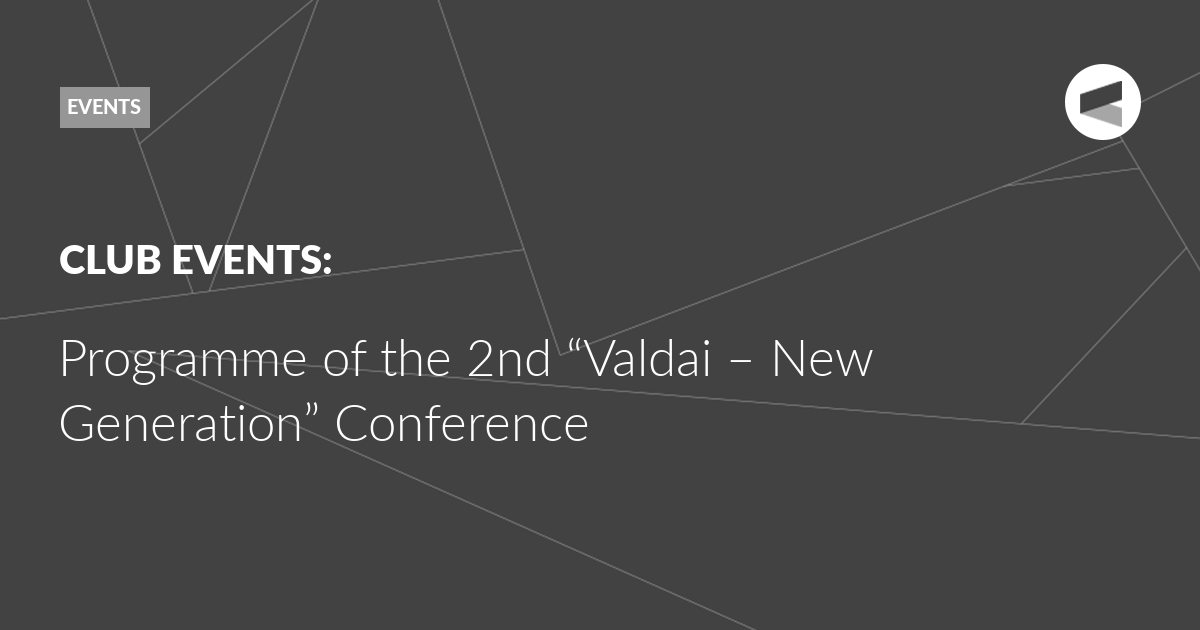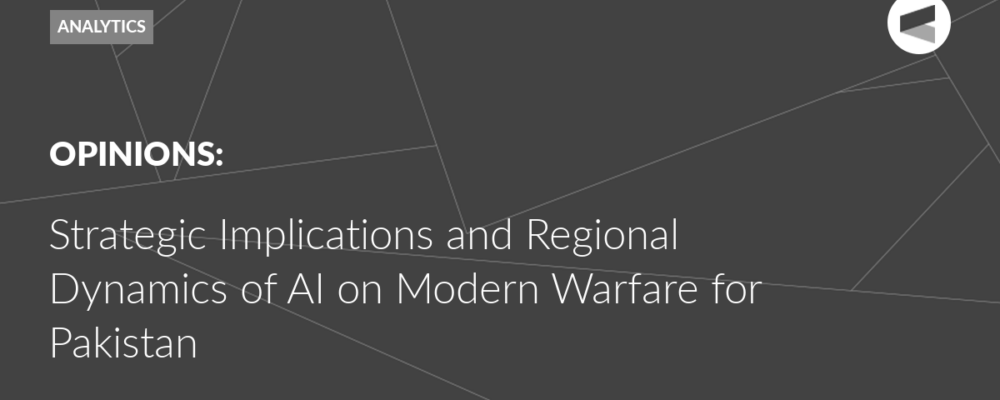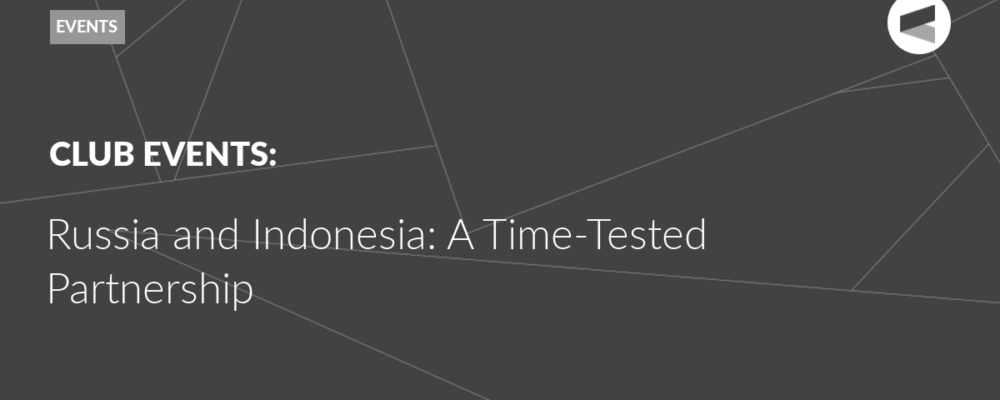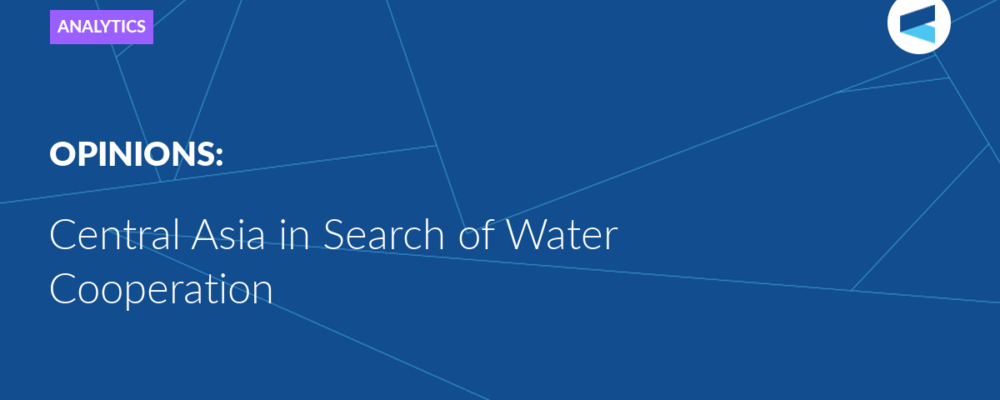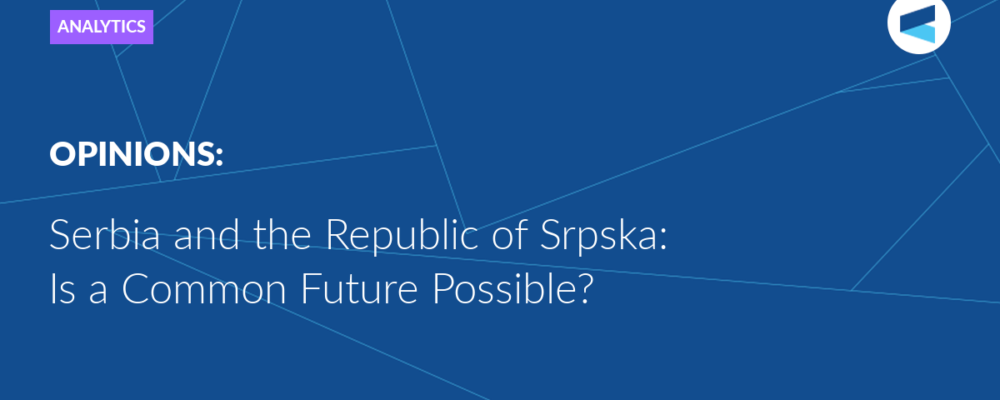Programme of the 2nd “Valdai – New Generation” Conference
of the Valdai Discussion Club
Moscow, April 23 – 25, 2025
From April 23 to 25, the Valdai Discussion Club will host a conference for participants of its Valdai – New Generation project at its Moscow headquarters. Valdai – New Generation is a dynamic community of researchers under 35, united by their pursuit of innovative solutions to the most pressing challenges in international politics and the global economy. The project aims to foster intergenerational dialogue on global affairs, support the professional development of young scholars, and strengthen their ties with Russian and international expert networks.
April 23, Wednesday
09:20 – 09:30 Opening of the conference (live: Russian, English)
09:30 – 11:00 Session 1. New Global Governance (live: Russian, English)
The BRICS grouping is transforming the structure of global governance. This high-profile, open, inclusive body, committed to a multilateral approach to solving global challenges, has become a platform for rallying the countries of the Global South and the global majority dissatisfied with the Western-centric architecture of the world. BRICS positions itself as a more democratic global space for dialogue and consensus within the international system. In view of the ongoing transformations, the US and the EU are forced to adapt to multipolarity. What strategies and tools can BRICS employ to build a more equitable global governance?
11:15 – 12:45 Session 2. Conflicts and Integration (live: Russian, English)
Conflict is a perennial feature of national politics, often perceived as synonymous with destructive risks. This session seeks to explore its multifaceted nature, recognizing that differences – along with the negotiations and discussions they provoke – frequently lead to a deeper understanding of complex issues, more effective dialogue and, ultimately, the resolution of contradictions. In this light, many conflicts serve a positive function, acting as indicators of systemic change and catalysts for progress. The main international conflict today is the gap between the growing needs of developing countries and the limited inclusiveness of the world order. To address this problem, the term ‘bottom-up manoeuvre’ is proposed – a flexible integration approach that includes new influential players in global discussions, exemplified by the BRICS mechanism.
13:45 – 15:15 Session 3: Artificial Intelligence and Technology (live: Russian, English)
Artificial Intelligence (AI) has become a transformative force in global politics and economy, shaping international power structures, security paradigms, and economic competitiveness. As AI continues to evolve with unprecedented momentum, its influence will soon reach into almost all areas of global governance, creating both opportunities and significant risks. As competition intensifies, the AI-driven global landscape will require the development of new policies and agreements to mitigate risks and capitalize on the potential benefits of AI. What role can the Global Majority countries play in this process? Which AI-enabled areas do they see as most important?
15:30 – 17:00 Session 4. International Political Economy and Sustainable Development (live: Russian, English)
The 2030 Sustainable Development Goals (SDGs) in the Global South are a critical global initiative to combat climate change, environmental degradation and socio-economic disparity. ASEAN serves as an example of their successful implementation, with member countries co-operating effectively to enhance cross-border operations and economic growth. However, challenges remain. What could be the impetus to resolve them and forge closer cooperation among developing countries? Will strengthened institutional frameworks pave the way for innovative solutions and success in achieving the SDGs?
17:15 – 18:45 Session 5. A World of Regions (live: Russian, English)
Regional dominance has traditionally been seen as a stepping stone to global power, but contemporary geopolitics challenges this assumption. Can a state achieve global influence without first establishing regional hegemony? Is regional integration a path to power or can it undermine strategic autonomy? What algorithms offer the optimal balance between economic gains and preserving sovereignty on the international arena while regions across the globe choose between co-operation and competition?
April 24, Thursday
09:30 – 11:00 Presentation of the report ‘The New Horizons of Multipolarity’. Conference summary (live: Russian, English)
11:30 – 13:00 Meeting with Alexander Gintsburg, Russian microbiologist, Director of the Gamaleya National Centre of Epidemiology and Microbiology
Closed for live streaming
14:00 – 15:30 Meeting with Valery Fedorov, Director General of the Russia Public Opinion Research Centre (VCIOM)
Closed for live streaming
16:00 – 17:30 Meeting with Roman Dushkin, CEO of A-YA Expert IT company
Closed for live streaming
The Valdai Discussion Club was established in 2004. It is named after Lake Valdai, which is located close to Veliky Novgorod, where the Club’s first meeting took place.
Please visit the firm link to site


